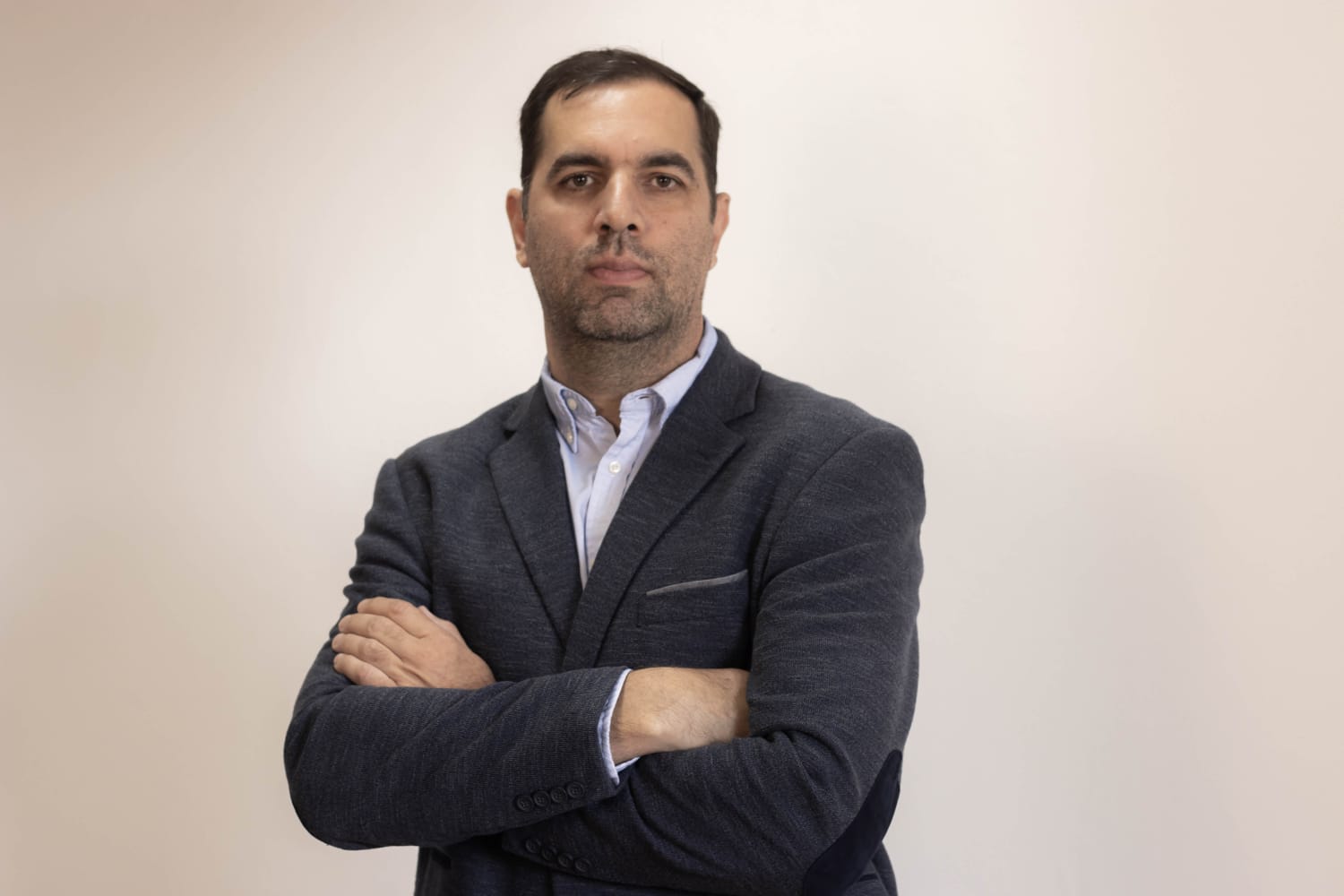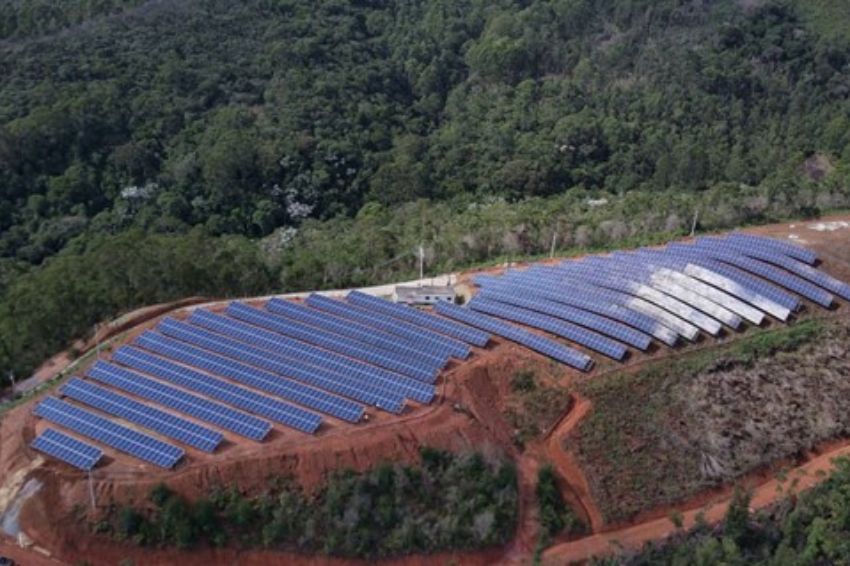Report published in the 19th edition of Canal Solar Magazine
O environmental licensing is integral stage of any large engineering project as it is a process that seeks to identify the environmental and social impacts that the installation of a new enterprise can cause.
Its function is, basically, to offer a technical analysis able to propose the appropriate measures to avoid, mitigate or compensate impacts on the environment and society.
In the case of DG photovoltaic projects (distributed generation), it is a simplest procedure than that carried out in hydro and thermal plants as it is a technology that offers fewer environmental impacts in its installation, maintenance and operation process.
However, despite its importance, it is a Mandatory document in all Brazilian states? Furthermore, in In which cases is obtaining an environmental license necessary?
In an interview with Solar Channel, Robinson Fumagalli, director and founder of Environmental Core, a company that operates in the field of licensing and environmental monitoring, explains that the answers depend on the state in which the plant will be installed and the type of project that will be implemented.
If it's from GC (centralized generation), the Environmental licensing is mandatory in all locations in the country, since it is almost impossible not to have impacts with the construction of these plants, such as suppression of native vegetation.
In the case of soil systems in the DG model, the obligation depends on the state legislation. “There are cases of cities where the licensing process is already municipalized, but, as a rule, those who decide on mandatory environmental licensing are the states”, explains Fumagalli.
“Today, we have states that have legislation that requires conventional licensing, others that waive its requirement and others in which the document is created in a more simplified way, aiming to encourage the installation of new plants”, he highlights.

In the case of states where licensing is not mandatory, in some of them, such as Paraná, for example, the professional explains that the entrepreneur must request a declaration from the state environmental agency to implement their DG plant. Roughly speaking, it would be a document that replaces the environmental license.
“A consultation is carried out with the state environmental agency to issue a certificate certifying that the project does not require environmental licensing. It is a document that is valid in cases of inspection or bank requirements for financing the plant”, highlights Fumagalli.
In locations where simplified environmental licensing is permitted, the state authorizes the entrepreneur to request a single license to be able to set up their enterprise.
In this case, instead of needing to go through several approval stages, the entrepreneur can simply request a single document with all the necessary environmental licenses.
In these states, simplified licensing is also valid for the implementation of “less complex” ground plants – which require, for example, fewer professionals and a time of up to 60 days to prepare the project.
Licensing steps
Currently, the process for obtaining an environmental license conventional in Brazil varies from three to four stages depending on the location where the plant will be installed. A first of them is obtaining the preliminary license to find out whether or not it is possible to install a plant in a given area.
After, you must request the installation license, which is the document that will allow the start of works and the implementation of the photovoltaic plant. However, in this case, there is a point of attention.
















